‘There is something enviable about the utter lack of inhibition with which Leonard Bernstein carries on,’ wrote the critic of the Boston Globe after the US première of Bernstein’s Third Symphony, Kaddish, in February 1964 — and looking at the forces arrayed at the Barbican, he had a point. In addition to the full LSO there was the London Symphony Chorus, a narrator, a solo soprano and the Tiffin Boys’ Choir. It barely fitted on stage. And if you thought the set-up was extravagant, a glance at Bernstein’s self-written text would probably have sent you screaming from the hall. ‘Lenny’ was classical music’s original bleeding-heart superstar: the man for whom Tom Wolfe coined the phrase ‘radical chic’. Ostensibly a choral setting of Jewish prayers for the dead, Kaddish is framed by spoken narrations in which Bernstein repeatedly, and in language that veers from debating-society bombast to toe-curling tweeness, talks down to God.
And the effect, in this performance under Bernstein’s former protégée Marin Alsop? Electrifying. It had to be, really: there’s no way that lines like ‘I am creating this dream!/ Now will You believe?’ can fly without total conviction. ‘I have a deep suspicion that every work I write, for whatever medium, is really theatre music in some way,’ said Bernstein, and never a truer word. The chorus jumped to its feet seconds before its entries, soprano Laura Claycomb boogied lightly along to the finale, and a crop of assistant conductors popped up from within the chorus, semaphoring their way through the cross-rhythms of an unaccompanied choral cadenza — one of Bernstein’s most brilliant inventions, superbly realised here.
Throughout it all, Claire Bloom spoke the narration with rueful calm; and if she didn’t quite have the shattering impact that Bernstein possibly intended when his text switches into SHOUTY CAPITALS (‘SANCTIFIED BE THE GREAT NAME OF MAN!’), her understatement probably served him better overall. In any case, there was never any question of Alsop letting things sag. She understands Bernstein’s language better than you suspect he did himself: how to inject tension into his long, rangy melodies, how to unlock the anguish buried in his monochrome string textures, and how to ignite the fury behind the clattering percussion and snappy, syncopated brass interjections. Early critics found Kaddish derivative. Well, that goes for everything Bernstein wrote, and he freely acknowledged a debt to Honegger’s largely forgotten Jeanne d’Arc au bûcher (1938), though modern audiences might be more aware of the looming presence of Stravinsky’s Oedipus Rex.
Alsop shaped the piece instead around Bernstein’s most distinctive ideas, like that choral cadenza, and the way he weaponises the word ‘Amen’ — hurling it spikily at the Deity, and using it to undercut the Chichester Psalms bounciness of his closing chorus with a final, eye-watering blaze of harmony (it’s anything but a comforting resolution). And for all the theatricality, the effrontery and the stop-start switching between different layers of sound and style, she made the piece sound coherent — in fact, symphonic.
God knows, it’s still embarrassing. Sincerity often is. Bernstein’s composition process spanned the Cuban missile crisis and the Kennedy assassination, and perhaps you need to be a child of the Cold War to really feel the sickening recognition and cold dread conveyed by the opening monologue, declaimed over an ominous murmur from the choir. ‘Is my end a minute away? An hour? Is there even time to ask the question? It could be here, while we are singing, that we’re to be halted, once for all.’ That sense of minute-to-midnight despair (so familiar if you’re over 40) gives Kaddish an urgency that counteracts the cringe factor, at least in a performance as committed as this one. Whether it lands the same emotional gut punch on a younger listener, or will continue to do so once Bernstein’s world has slipped from living memory, I couldn’t say.
I’m not sure, either, where that leaves the rest of Bernstein’s concert music (his Broadway shows — at least, the ones that he co-created with artists who were willing to stand up to him — are already immortal). This performance is one of a series around what would have been his 100th birthday, which might be too soon for a lasting reappraisal. Earlier, Alsop had conducted Bernstein’s flute concerto Halil, which leavens Kaddish-like angst with song and dance, luminously articulated by the LSO’s flautist-extraordinaire Adam Walker. A few days later she turned to his First Symphony (Jeremiah) of 1942: three taut movements that douse the New Deal earnestness of mid-century American symphonism in a remarkably bitter strain of melancholy (Jamie Barton sang the finale’s biblical verses with burnished austerity). Mahler completed each programme, the keystone of Bernstein’s conducting career and another conductor-composer whose unconventional, impossibly self-indulgent symphonies were dismissed as vanity projects as recently as the 1980s. Let’s give Bernstein a bit longer.
Got something to add? Join the discussion and comment below.
Get 10 issues for just $10
Subscribe to The Spectator Australia today for the next 10 magazine issues, plus full online access, for just $10.
You might disagree with half of it, but you’ll enjoy reading all of it. Try your first month for free, then just $2 a week for the remainder of your first year.

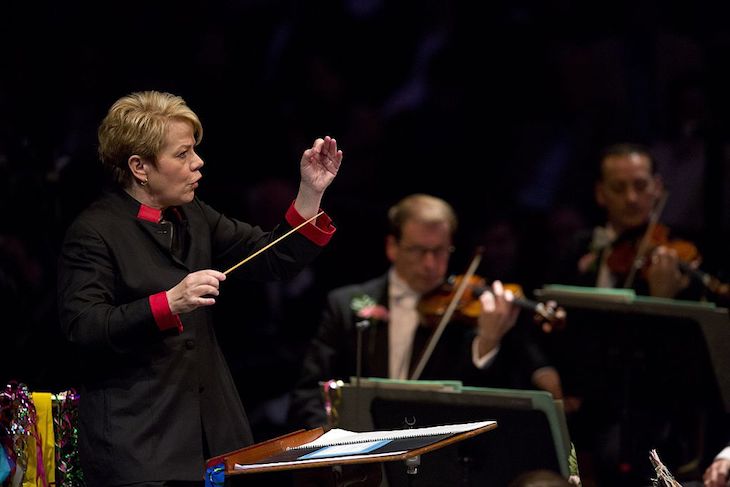
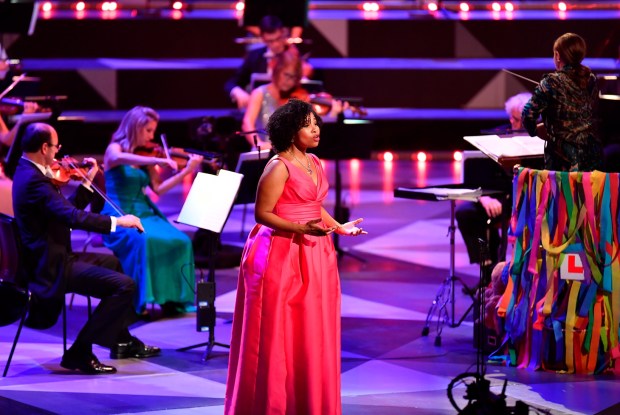
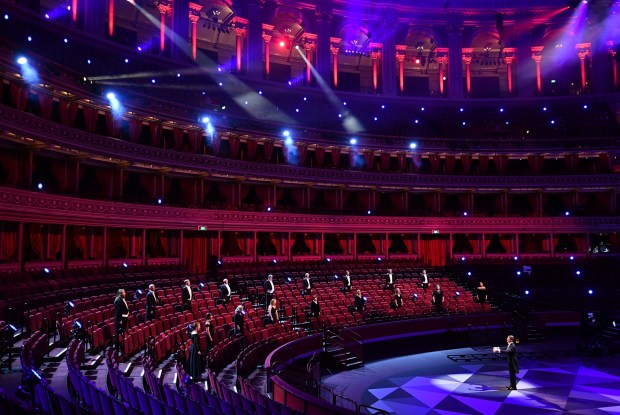
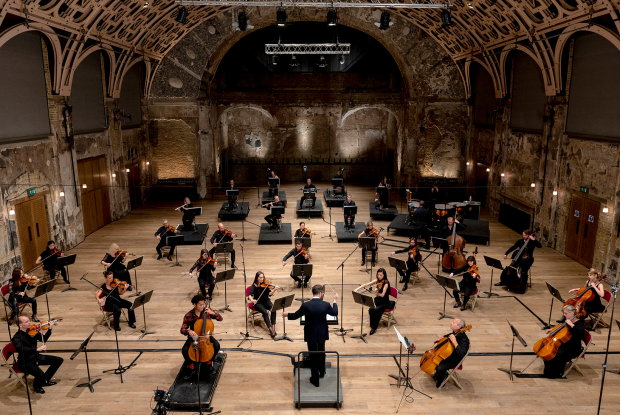
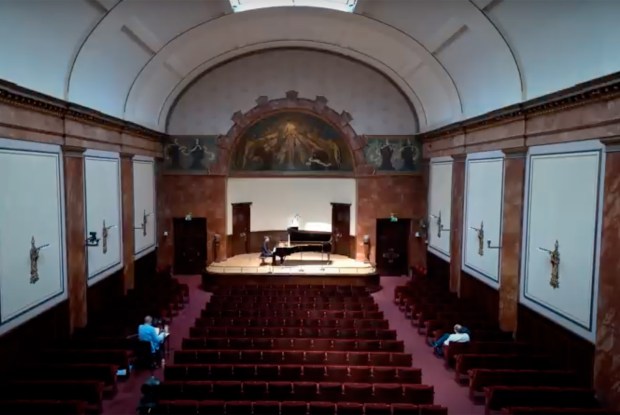
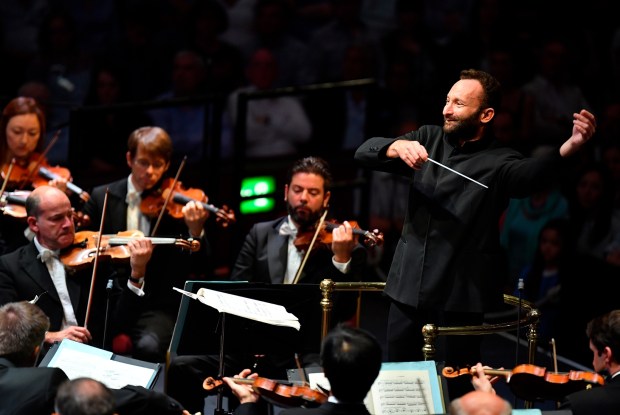
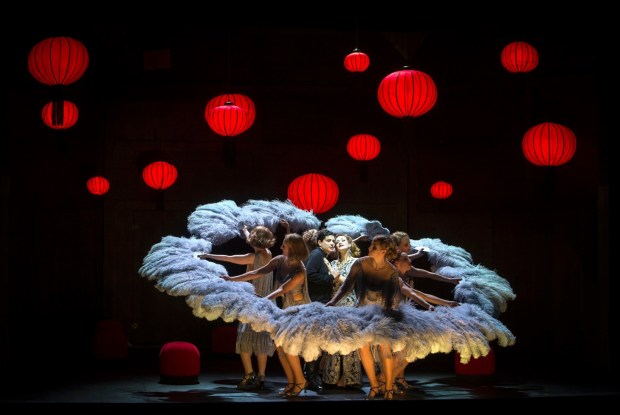






Comments
Don't miss out
Join the conversation with other Spectator Australia readers. Subscribe to leave a comment.
SUBSCRIBEAlready a subscriber? Log in